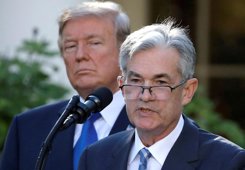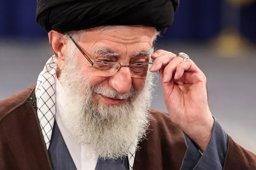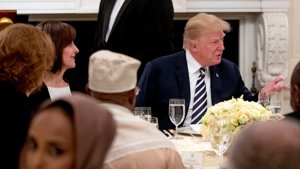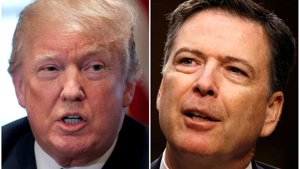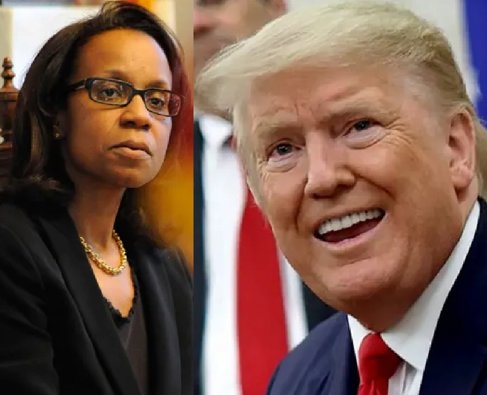
Judge Halts Trump Order on Voter Citizenship
Judge rules Trump’s voter ID and mail-in ballot order exceeds presidential power over elections.
A second federal judge has blocked President Donald Trump’s executive order that sought sweeping changes to the way federal elections are conducted in the United States. The ruling, issued Friday by U.S. District Judge Denise J. Casper in Massachusetts, marks another significant legal setback for the administration’s push to require stricter voting regulations.
The executive order, signed by President Trump on March 25, mandated that states require documentary proof of citizenship for all individuals registering to vote in federal elections. It also stipulated that only ballots received by Election Day would be counted and proposed conditioning federal election grant funding on states’ compliance with this new deadline.
“The Constitution does not grant the President any specific powers over elections,” Judge Casper wrote in her ruling, siding with a coalition of Democratic state attorneys general who had challenged the order on constitutional grounds. The plaintiffs argued that the executive action attempted to override state authority and alter election law unilaterally.
In their legal filing, the attorneys general stated the order “usurps the States’ constitutional power and seeks to amend election law by fiat.” They warned that the mandate would impose substantial administrative burdens and costs on states required to overhaul voter registration procedures and ballot processing systems.
Judge Casper acknowledged that U.S. citizenship is a legal requirement for voting in federal elections and noted that current federal voter registration forms already include a citizenship attestation. However, she emphasized that enforcing a documentary proof requirement falls beyond presidential jurisdiction and into the domain of Congress and the states.
This decision follows an earlier ruling from a federal judge in Washington, D.C., who similarly blocked key parts of the order, including the citizenship documentation provision. Together, the two rulings underscore judicial skepticism about the executive branch’s authority to unilaterally impose nationwide election standards.
The White House defended the executive order as a necessary measure to protect the integrity of American elections. In the original directive, President Trump argued that the U.S. has fallen behind other nations in implementing secure voting systems. He cited examples such as India and Brazil tying voter ID to biometric databases and Canada and Germany requiring publicly counted paper ballots.
“Despite pioneering self-government, the United States now fails to enforce basic and necessary election protections employed by modern, developed nations,” Trump wrote in the order, titled “Preserving and protecting the integrity of American elections.” He also criticized mail-in voting practices, arguing they lack standardization and introduce chain-of-custody issues.
Judge Casper’s ruling reinforces the constitutional principle that states retain control over election administration. As the legal challenges continue, the decisions signal clear judicial boundaries on presidential authority in electoral matters, setting the stage for further debate over the federal role in voting security and access.



